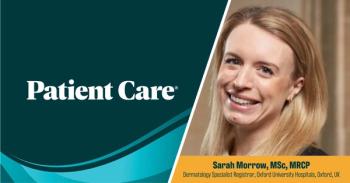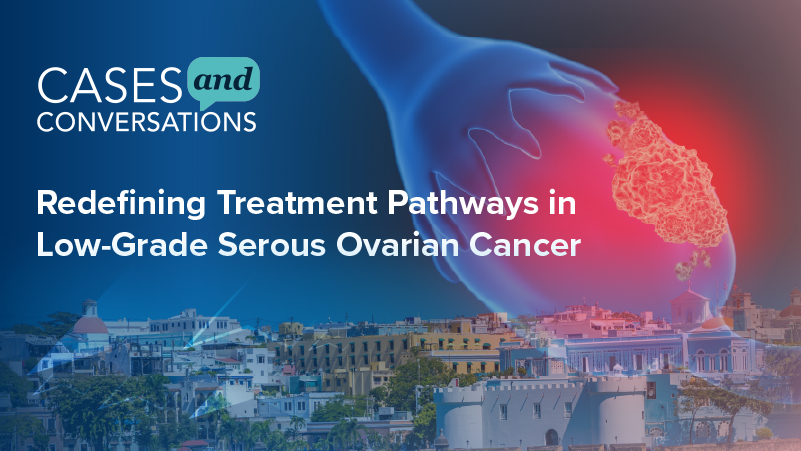
|Slideshows|August 21, 2019
Study Finds Chocolate Good for Everything: True or False?
Author(s)Sydney Jennings
Can dark chocolate intake decrease depressive symptoms? Is chocolate intake linked to a higher risk of atrial fibrillation? New research examines the impact that chocolate has on various health conditions.
Advertisement
Newsletter
Enhance your clinical practice with the Patient Care newsletter, offering the latest evidence-based guidelines, diagnostic insights, and treatment strategies for primary care physicians.
Advertisement
Latest CME
Advertisement
Advertisement
Trending on Patient Care Online
1
ACP Calls for End to “Provider” Terminology in Clinical Practice
2
FDA Removes Boxed Warnings on Cardiovascular, Cancer, and Dementia Risks From Select Menopausal Hormone Therapy Labels
3
Why Guideline-Recommended uACR Screening Is Still Being Missed, With Payal Kohli, MD
4
Speed-Based Cognitive Training With Booster Sessions Linked to Lower Dementia Risk Over 20 Years
5































































































































